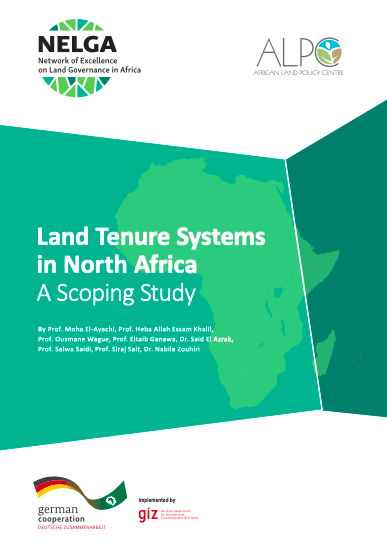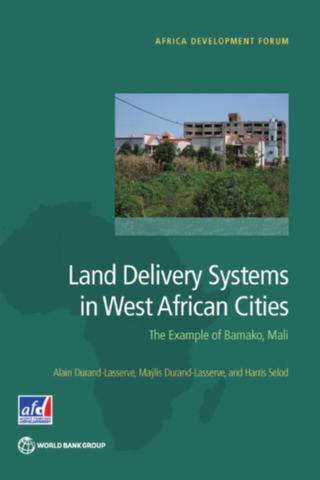Youth Hold the Key.
The future belongs to youth. But in many parts of the world, young women and men lack the means and the opportunity to build livelihoods and fully participate in their communities. This is especially true in rural areas, where agriculture is the foundation of the economy, but land rights remain out of reach.
Consider the case of sub-Saharan Africa, where an estimated 10-12 million young people enter the workforce each year, but only 4 million new jobs are created, leaving the majority of young workers either unemployed or settling for menial and informal work.





